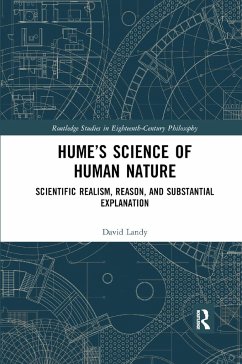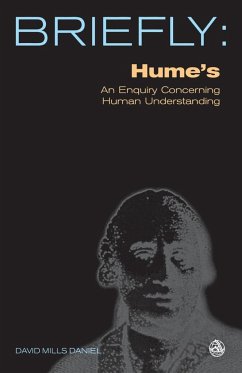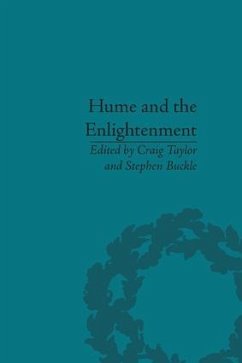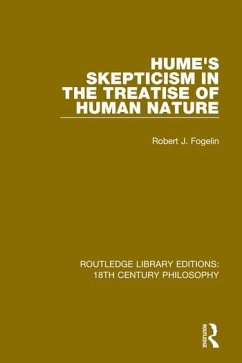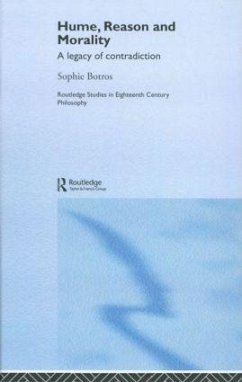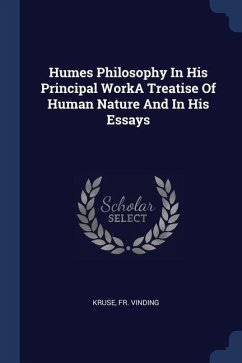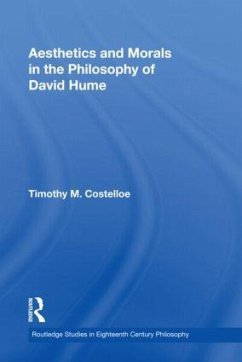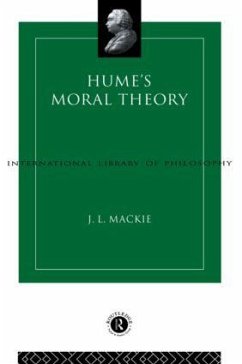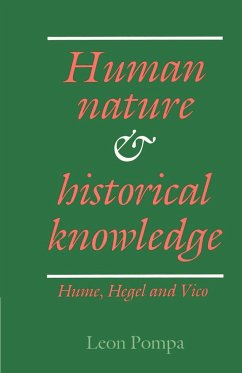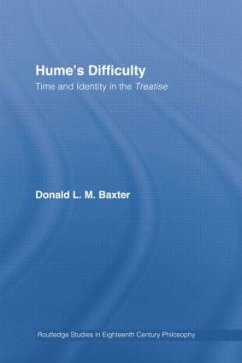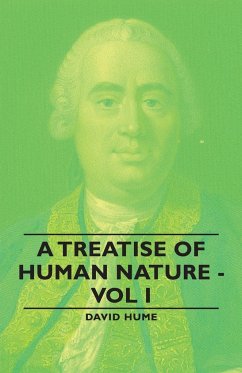
A Treatise of Human Nature - Vol I

PAYBACK Punkte
14 °P sammeln!
In the first part of this Treatise Hume has established the independence self-sufficingness of the passions and of man's moral nature and defended them against all dictation of reason. In the books comprising the second volume Hume leaves his scepticism behind him. He is no longer a revolutionary. His moral theory follows in its main outlines the sentimentalist school of the eighteenth century.Contents Include: Book II, Of the Passions: Of Pride and Humility Of Love and Hatred Of the Will and Direct Passions Book III Of Morals: Of Virtue and Vice in General Of Justice and Injustice Of the othe...
In the first part of this Treatise Hume has established the independence self-sufficingness of the passions and of man's moral nature and defended them against all dictation of reason. In the books comprising the second volume Hume leaves his scepticism behind him. He is no longer a revolutionary. His moral theory follows in its main outlines the sentimentalist school of the eighteenth century.Contents Include: Book II, Of the Passions: Of Pride and Humility Of Love and Hatred Of the Will and Direct Passions Book III Of Morals: Of Virtue and Vice in General Of Justice and Injustice Of the other Virtues and Vices



